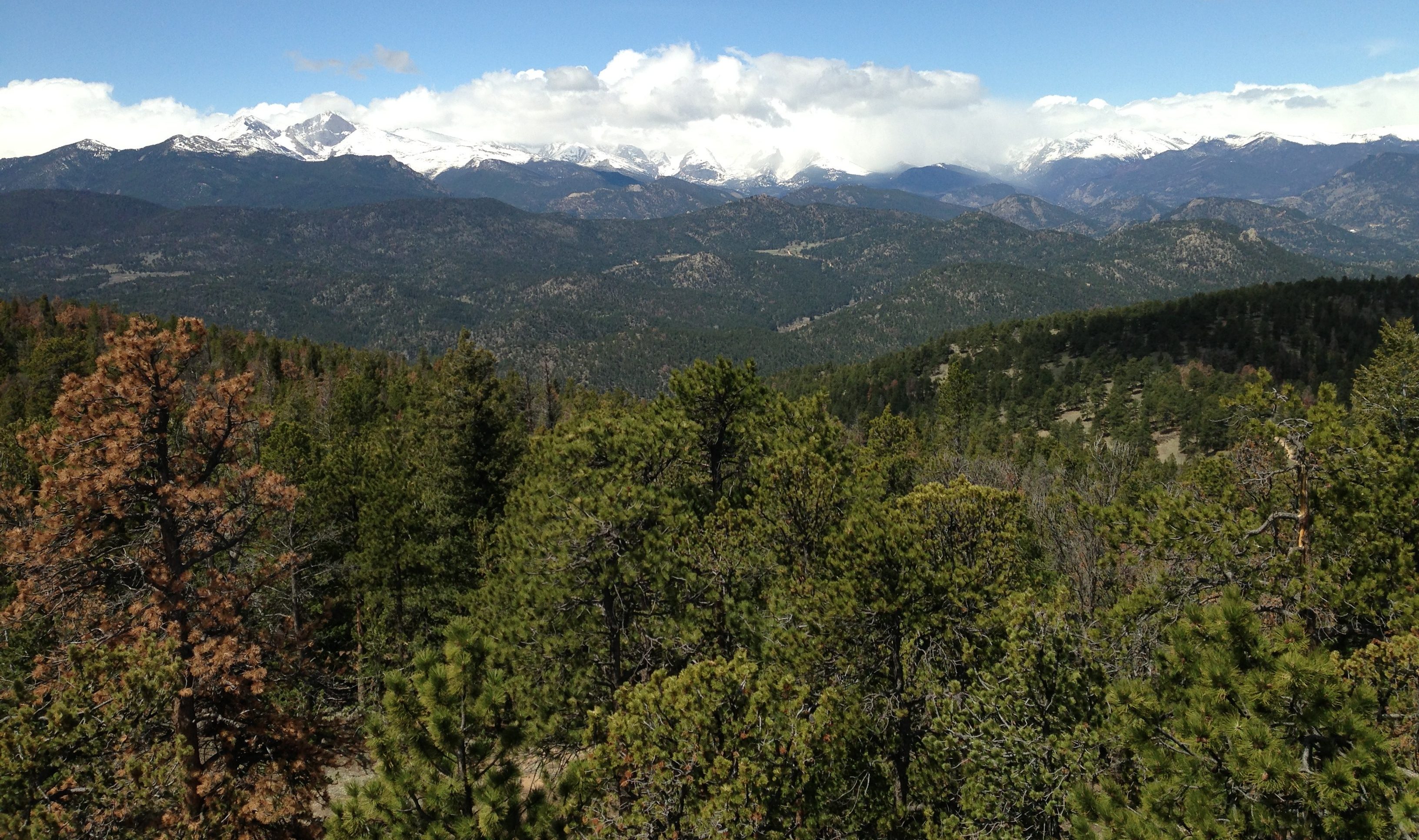Another year has passed and a lot has happened at the PlantEcoFizz lab at Kennesaw State University! From now on, I am going to try to make it a tradition to post a recap at the end of each year. So, without further ado, here are the teaching and research highlights of 2022 in (static and moving) pictures!
Involving Students in Research




As part of a semester-long experiment, students of my spring Plant Ecology course constructed ten raised beds at the KSU Field Station. The beds were filled with local soil to serve future experiments as well. Students then planted Yukon Gold potatoes in these beds and covered them with plastic mulch of different colors to see impacts on weed suppression, soil temperature and moisture, and growth and yield of potatoes.
Phyllosphere Research







Our phyllosphere research led by graduate student Collin Dice went through two complete trials. We are testing whether spraying (for humans harmless) bacteria onto the leaves of tomatoes improves their stress tolerance, and ultimately quality and quantity of the yield. While we have a lot left to do, our first trials suggest that the bacteria indeed reduce stress experienced by the plants and lead to a higher yield overall. This research received USDA funding for three years.
Native Plant Conservation





This year, we began getting involved in conservation work in Georgia. In collaboration with the Georgia Plant Conservation Alliance, we have taken on the challenge to protect the rare Royal Catchfly (Silene regia) in Georgia. Student of my fall Plant Physiology class performed a semester-long experiment in the same raised beds that we built in the spring. Our goal was to test the impacts of burning and partial shade on growth and stress of Royal Catchfly plants. We also welcomed new graduate student Megan Brooks to our lab. Megan started off strong and received funding for her research on Royal Catchfly via the Georgia Botanical Society’s Marie Mellinger Field Botany Research Award.
Graduate Students


MSIB graduate student Andrea Gamache successfully defended her research on the impacts of fire and bioturbation from cicada emergence on understory vegetation in May. She presented her results at the 2022 Ecological Society of America conference in Montreal, Canada.
And what could better wrap up this teaching and research highlights of 2022 recap than a video that highlights some of the research that was performed by the MSIB graduate students across both biology departments at Kennesaw State University! See you next year!



